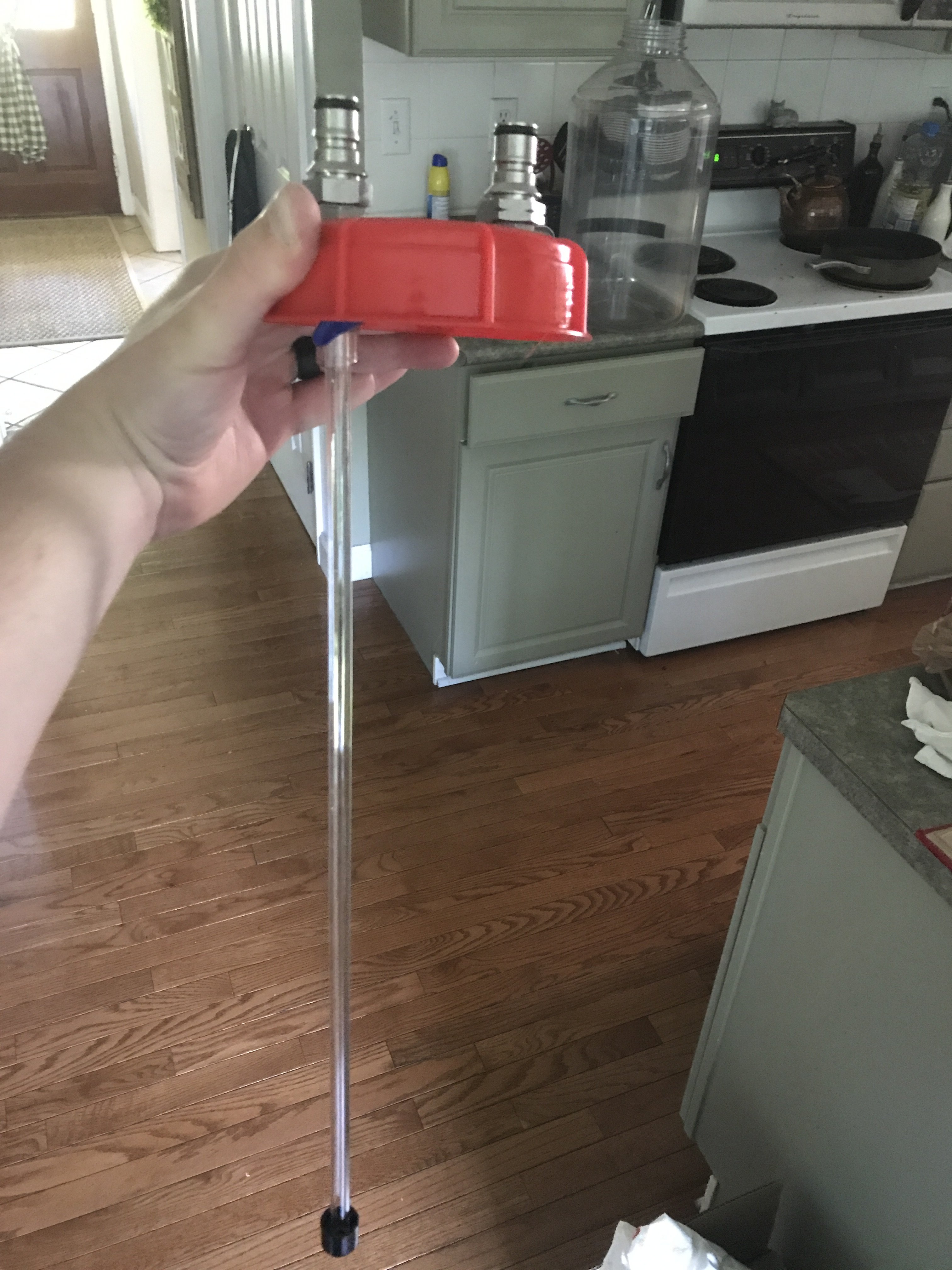sictransit701
Well-Known Member
- Joined
- Jan 29, 2014
- Messages
- 231
- Reaction score
- 43
I brewed a week ago. Oxygenated and pitched 1 package of Imperial Yeast Darkness into my 1.060 stout at 66°F. I let the temperature free-rise to 70°F. The high fermentation activity has slowed. There is still yeast in suspension and the beer is sitting in my beer fridge at 70°F. Just curious how some people would continue from here.
I listened to John Palmer on a BeerSmith podcast talk about beer maturation and yeast. Seems like a diacetyl rest is good for any beer style. So I thought I would apply it this go around. Also, cold crashing is no longer a thing, so I was thinking of lagering for clarity. I know, it’s a stout, but just want to try something different.
I’m thinking warm it to 72°F for the remaining yeast in suspension to finish cleaning up in hopes that it will flocculate and clear. Or, should I go higher with the temperature. The yeast are still in suspension. Bubbling has ceased. How long would this take? Next, slowly lower the temperature to near freezing for some time for clarity. How long? Then keg. Does that sound ok?
I listened to John Palmer on a BeerSmith podcast talk about beer maturation and yeast. Seems like a diacetyl rest is good for any beer style. So I thought I would apply it this go around. Also, cold crashing is no longer a thing, so I was thinking of lagering for clarity. I know, it’s a stout, but just want to try something different.
I’m thinking warm it to 72°F for the remaining yeast in suspension to finish cleaning up in hopes that it will flocculate and clear. Or, should I go higher with the temperature. The yeast are still in suspension. Bubbling has ceased. How long would this take? Next, slowly lower the temperature to near freezing for some time for clarity. How long? Then keg. Does that sound ok?











































![Craft A Brew - Safale S-04 Dry Yeast - Fermentis - English Ale Dry Yeast - For English and American Ales and Hard Apple Ciders - Ingredients for Home Brewing - Beer Making Supplies - [1 Pack]](https://m.media-amazon.com/images/I/41fVGNh6JfL._SL500_.jpg)
















